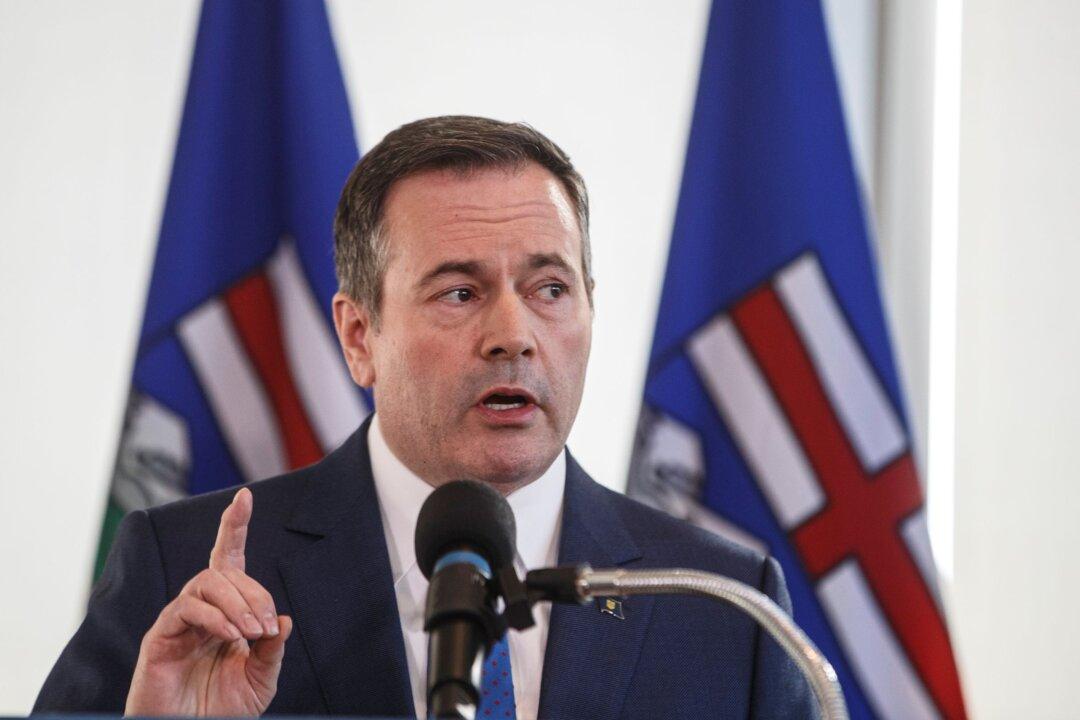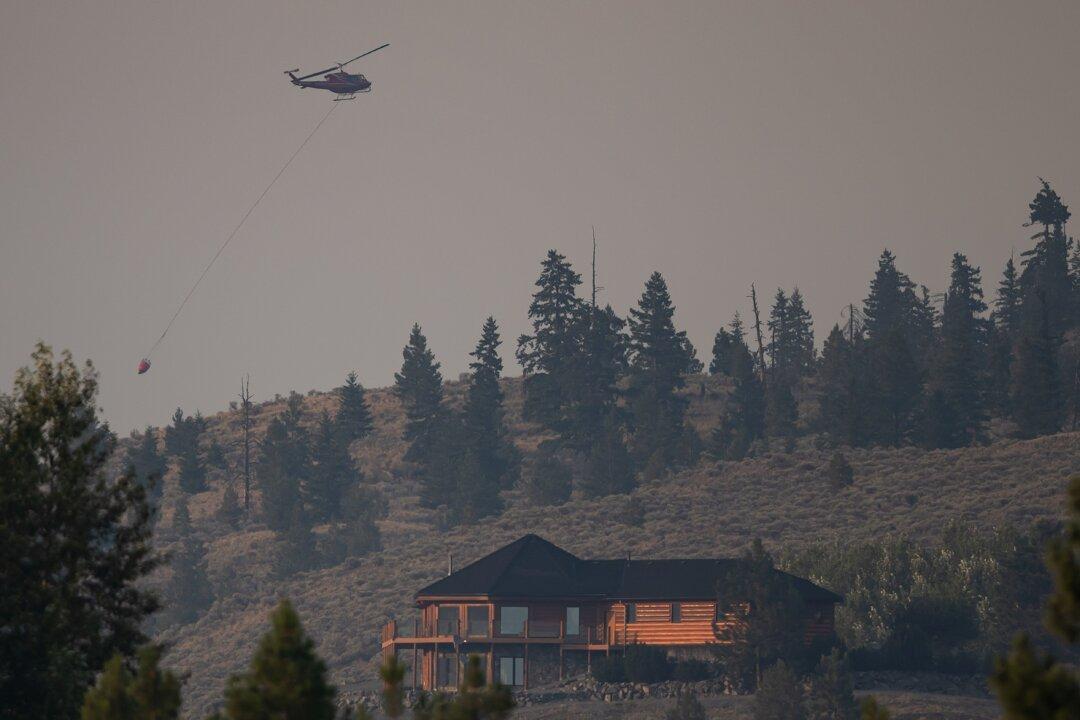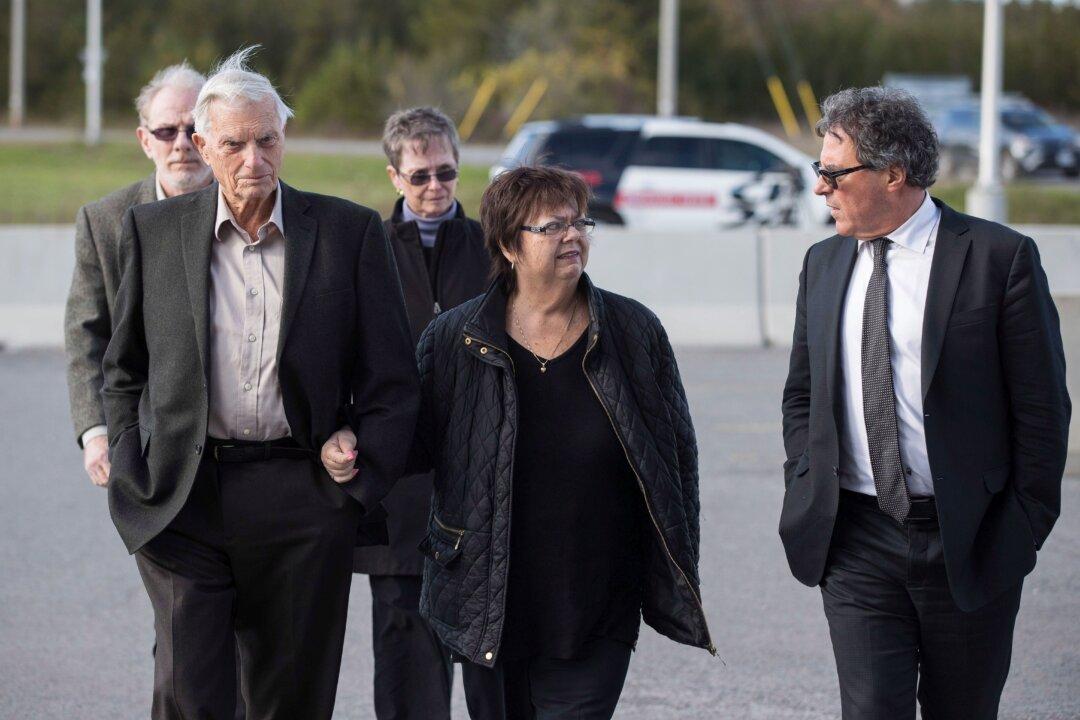Alberta’s new bill that offers union members a choice whether to support their union’s political activity via union dues will be met with a legal challenge that will most likely go to the Supreme Court, past cases show.
“This is a Supreme Court case,” said labour and constitutional law expert Gilles LeVasseur, who teaches at the University of Ottawa’s Telfer School of Management.





